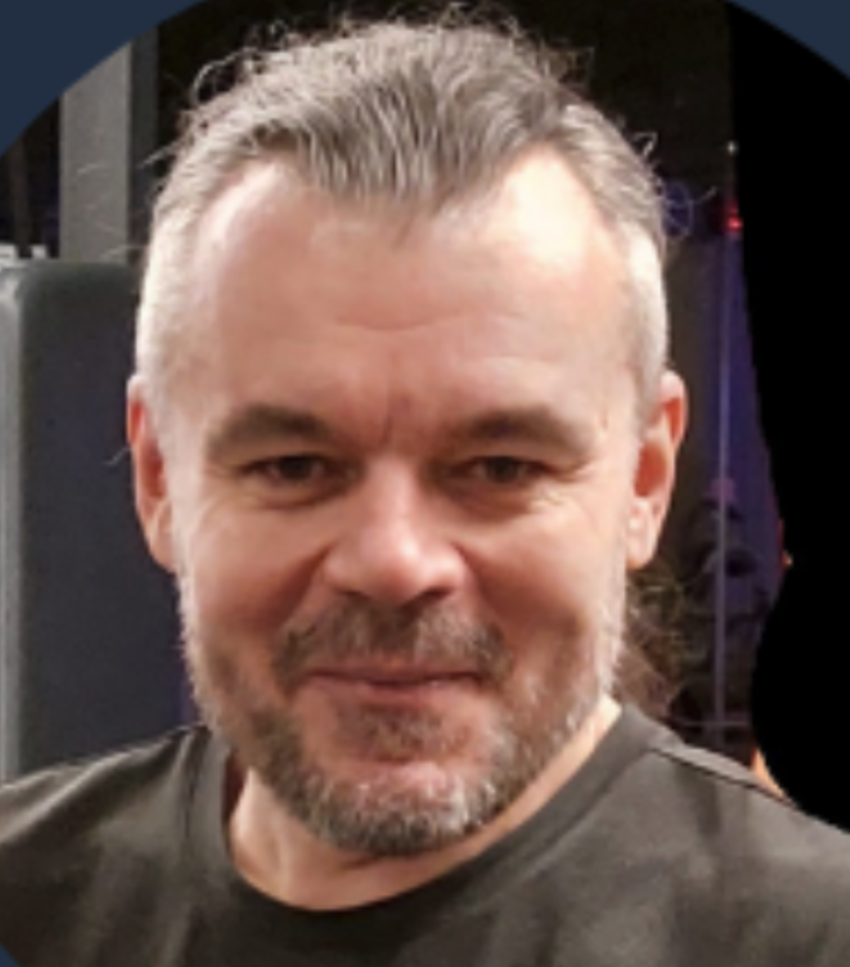You need to be a Pioneers Post member to access this story.
Click here to log in to your account.

Not a member yet? Click below to unlock unrestricted access to all our content – stories and insight from two decades of specialist coverage from around the world.
Already a member but forgotten your password? Click here to request a new password.

 People displaced by conflict don’t have to be passive recipients of donations. Vadym Georgienko explains how a pilot of the ‘Citizen Token System’, which he designed, has enabled entrepreneurs in a town in western Ukraine to thrive, and, he emphasises, the approach could be replicated all over the world.
People displaced by conflict don’t have to be passive recipients of donations. Vadym Georgienko explains how a pilot of the ‘Citizen Token System’, which he designed, has enabled entrepreneurs in a town in western Ukraine to thrive, and, he emphasises, the approach could be replicated all over the world.